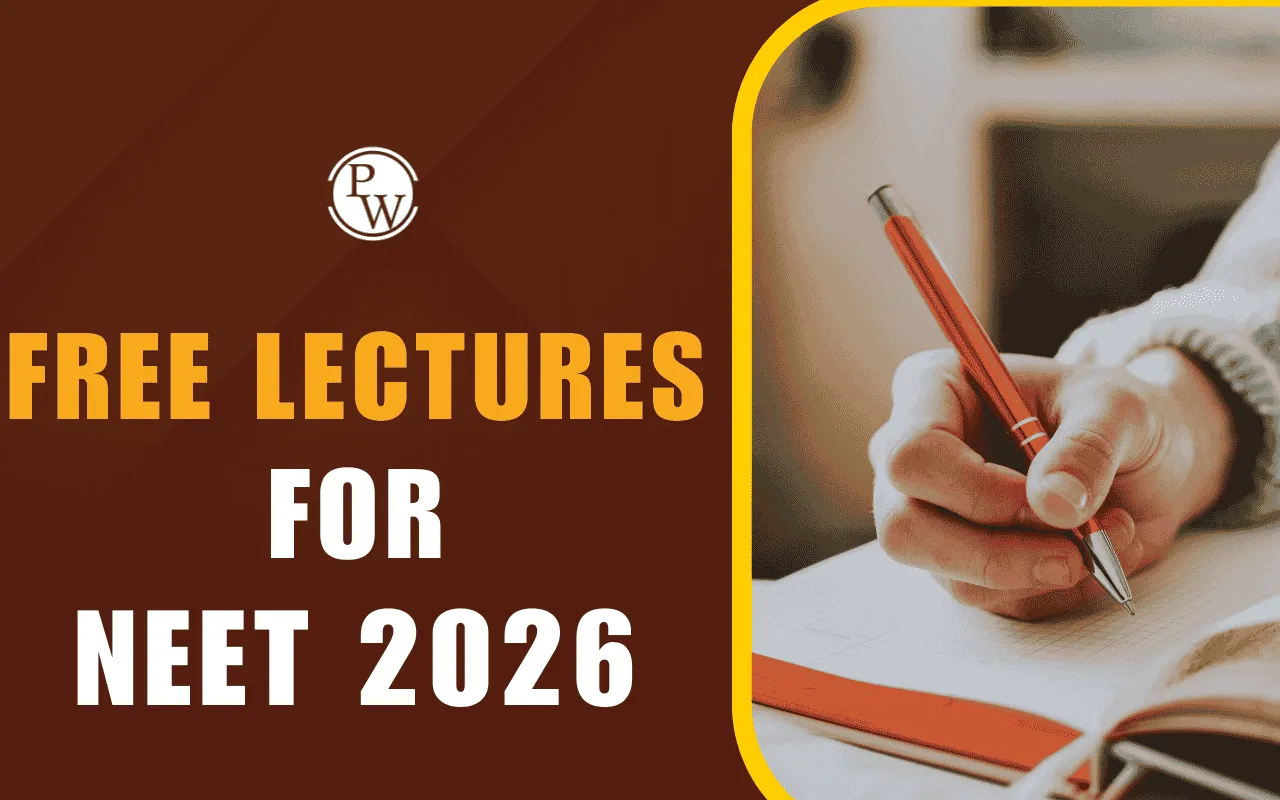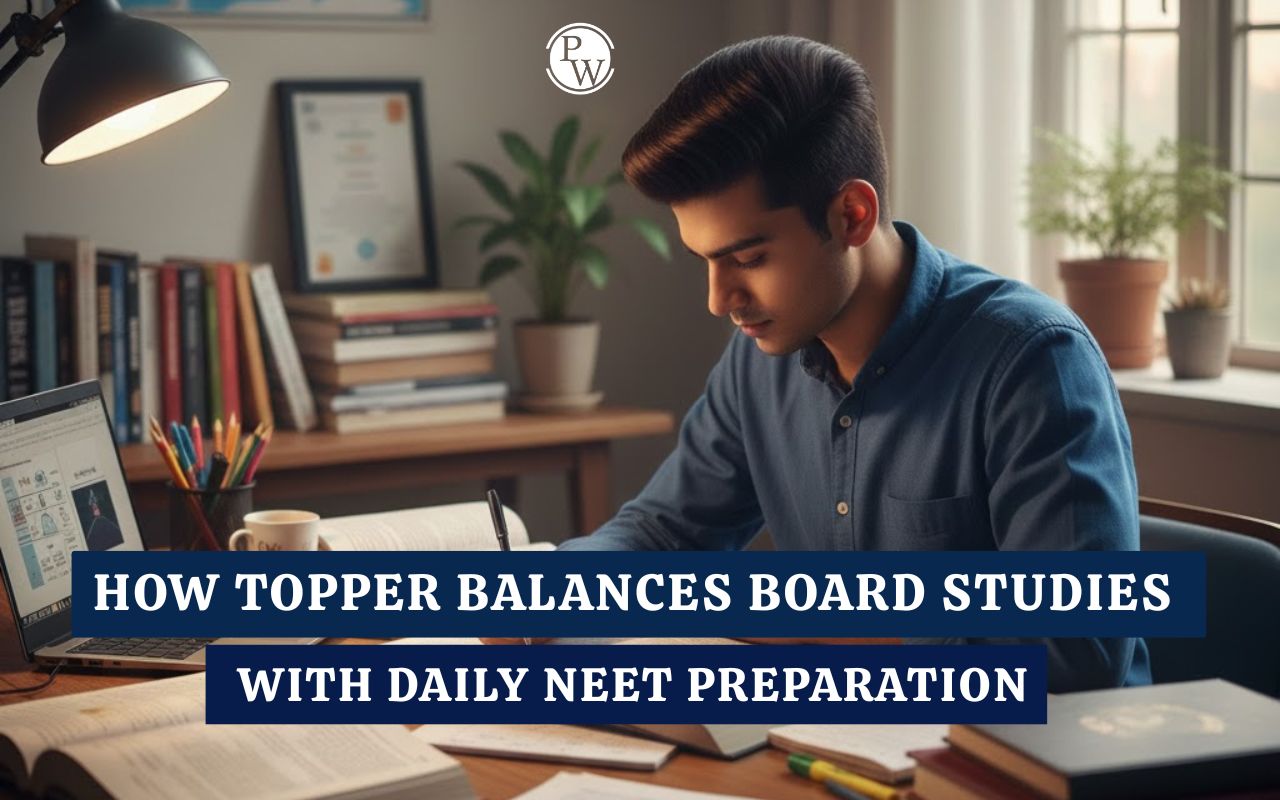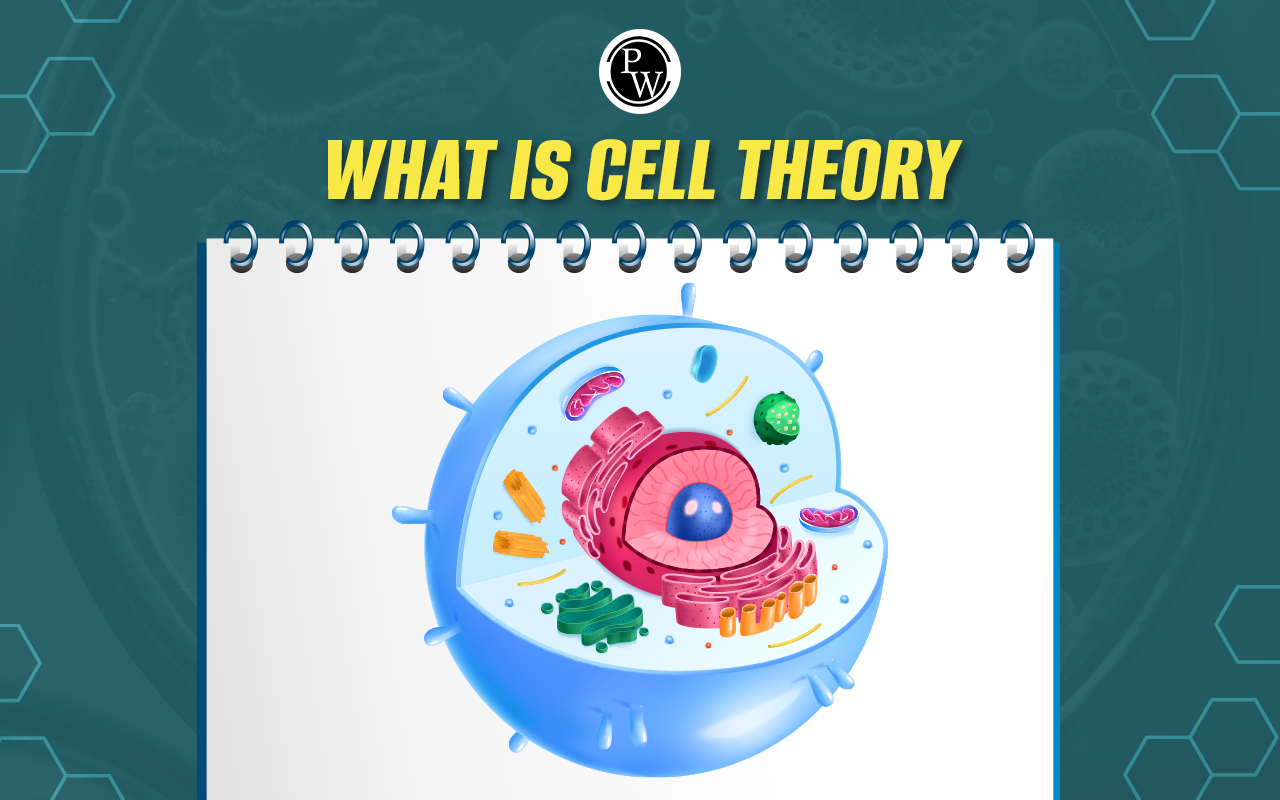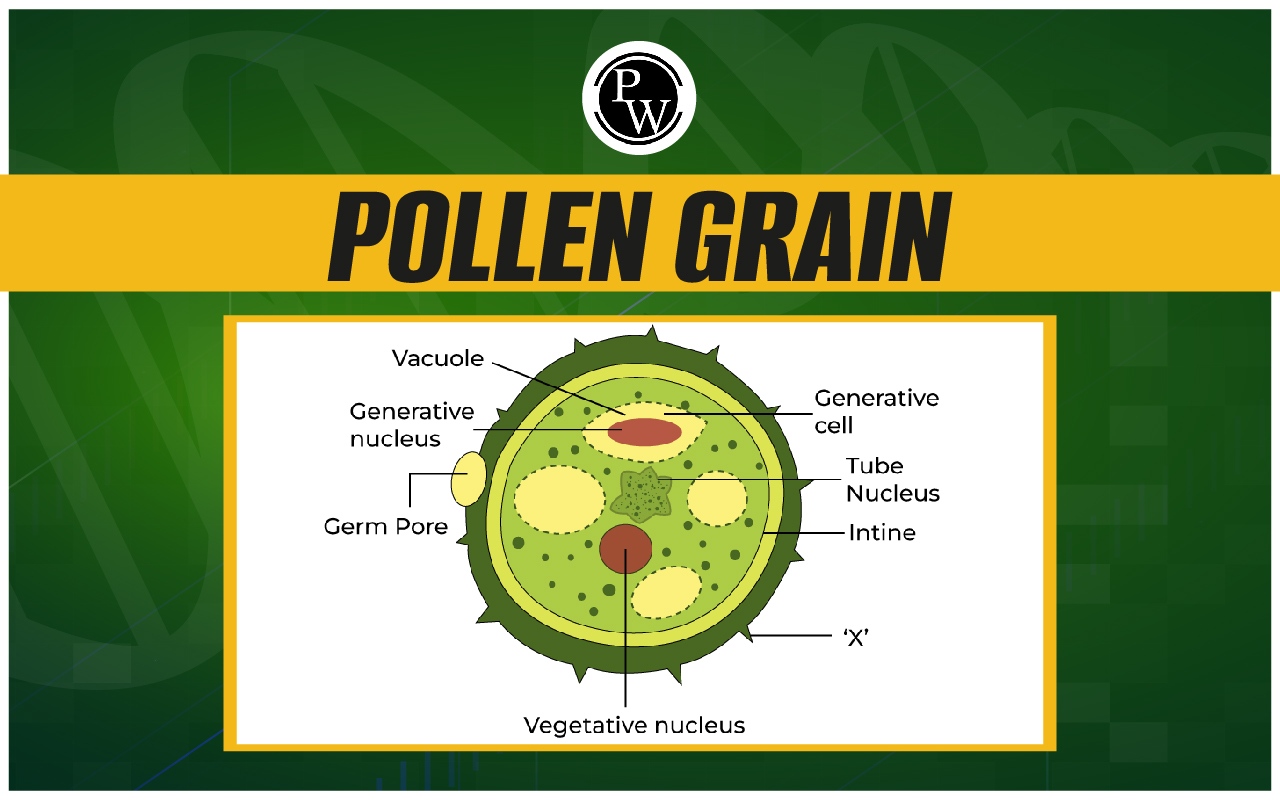
Difference Between Compound and Mixture : Understanding the difference between compounds and mixtures is critical from NEET chemistry point of view. Aspiring medical professionals need a solid grasp of these concepts to understand the chemical reactions within the human body, medications, and biological processes.
The NEET syllabus covers the importance of foundational principles in chemistry, making the differentiation between compounds and mixtures important. This knowledge is not merely theoretical, it's a practical tool for future doctors to understand the diverse substances they may encounter in medical practice.| NEET Chemistry Syllabus | NEET Chemistry Important Questions with Answers |
| NEET Chemistry Chapter wise Weightage | NEET Chemistry MCQs |
| NEET Chemistry Notes | NEET Chemistry Formulas |
Difference Between Compound and Mixture Overview
Knowing the difference between compounds and mixtures is important for the NEET exam. Compounds are like new things made by mixing different elements together in a special way. Water (H₂O) is an example. Mixtures are when things are just mixed together but don't make something entirely new. Each part in a mixture keeps its own qualities. You can separate them easily, unlike compounds. For example, if you have a mix of nuts and raisins (like trail mix), you can pick them apart. Understanding this helps us see how different things behave and work together in simpler terms.Difference Between Compound and Mixture
"Compound or Mixture" is like talking about how things mix. Compounds are when elements come together and make something totally new, like making a special drink. Mixtures are when things just hang out together without changing, like putting different candies in a bag. It helps us understand how things get along with each other.| Difference Between Compound and Mixture | ||
|---|---|---|
| Parameters | Compound | Mixture |
| Composition | Consists of two or more different elements chemically bonded in a fixed ratio. | Contains two or more substances (elements or compounds) physically mixed, with no fixed ratio. |
| Separation | Can only be separated into its individual elements through chemical means. | Can be separated by physical methods like filtration, distillation, or evaporation. |
| Properties | Has unique properties different from its constituent elements. | Exhibits properties similar to the combined properties of its components. |
| Formation | Formed through a chemical reaction between elements. | Formed by the physical combination of substances without a chemical reaction. |
| Examples | Water (H₂O), Sodium Chloride (NaCl), Carbon Dioxide (CO₂). | Saltwater, Air, Trail Mix, Concrete. |
| Homogeneity | Homogeneous throughout, with a uniform composition. | Can be homogeneous or heterogeneous, with a non-uniform composition. |
| Energy Change | Often involves the release or absorption of energy during formation. | Typically, no significant energy changes occur during the formation. |
| Chemical Bonds | Involves chemical bonds between atoms of different elements. | No chemical bonds are formed between the components. |
| Representation | Represented by a chemical formula (e.g., H₂O for water). | Represented by a list of the substances present, without a fixed formula. |
| Examples of Separation | Cannot be easily separated into its elements without breaking chemical bonds. | Can be easily separated into its components using physical methods. |
What is Compound?
A compound is a substance composed of two or more different elements chemically bonded together in a fixed ratio. The elements in a compound lose their individual properties and form a new substance with unique characteristics.What is Mixture?
A mixture is a combination of two or more substances that are physically mixed together but not chemically bonded. Each component retains its original properties, and the proportion of substances in the mixture can vary.Difference Between Compound and Mixture FAQs
What is a compound, and how does it differ from a mixture?
A compound is a substance formed by chemically combining two or more elements in a fixed ratio. In contrast, a mixture is a combination of substances that are physically blended without forming a new substance
Can you provide examples of compounds and mixtures in everyday life?
Water (H₂O) is a common compound, while trail mix or saltwater represents mixtures. Compounds have fixed compositions, while mixtures can vary.
How are compounds and mixtures separated?
Compounds can only be separated by chemical means, breaking the chemical bonds. Mixtures, on the other hand, can be separated using physical methods such as filtration, distillation, or evaporation.
Do compounds and mixtures have different properties?
Yes, they do. Compounds have unique properties distinct from their individual elements, while mixtures retain the properties of their individual components.
Why is the difference between compounds and mixtures important in chemistry?
Understanding this distinction is crucial as it forms the basis for comprehending chemical reactions, reactions of substances in biological systems, and is foundational for more advanced studies in chemistry and related fields.
🔥 Trending Blogs
Talk to a counsellorHave doubts? Our support team will be happy to assist you!

Check out these Related Articles
Free Learning Resources
PW Books
Notes (Class 10-12)
PW Study Materials
Notes (Class 6-9)
Ncert Solutions
Govt Exams
Class 6th to 12th Online Courses
Govt Job Exams Courses
UPSC Coaching
Defence Exam Coaching
Gate Exam Coaching
Other Exams
Know about Physics Wallah
Physics Wallah is an Indian edtech platform that provides accessible & comprehensive learning experiences to students from Class 6th to postgraduate level. We also provide extensive NCERT solutions, sample paper, NEET, JEE Mains, BITSAT previous year papers & more such resources to students. Physics Wallah also caters to over 3.5 million registered students and over 78 lakh+ Youtube subscribers with 4.8 rating on its app.
We Stand Out because
We provide students with intensive courses with India’s qualified & experienced faculties & mentors. PW strives to make the learning experience comprehensive and accessible for students of all sections of society. We believe in empowering every single student who couldn't dream of a good career in engineering and medical field earlier.
Our Key Focus Areas
Physics Wallah's main focus is to make the learning experience as economical as possible for all students. With our affordable courses like Lakshya, Udaan and Arjuna and many others, we have been able to provide a platform for lakhs of aspirants. From providing Chemistry, Maths, Physics formula to giving e-books of eminent authors like RD Sharma, RS Aggarwal and Lakhmir Singh, PW focuses on every single student's need for preparation.
What Makes Us Different
Physics Wallah strives to develop a comprehensive pedagogical structure for students, where they get a state-of-the-art learning experience with study material and resources. Apart from catering students preparing for JEE Mains and NEET, PW also provides study material for each state board like Uttar Pradesh, Bihar, and others
Copyright © 2025 Physicswallah Limited All rights reserved.
Get App









